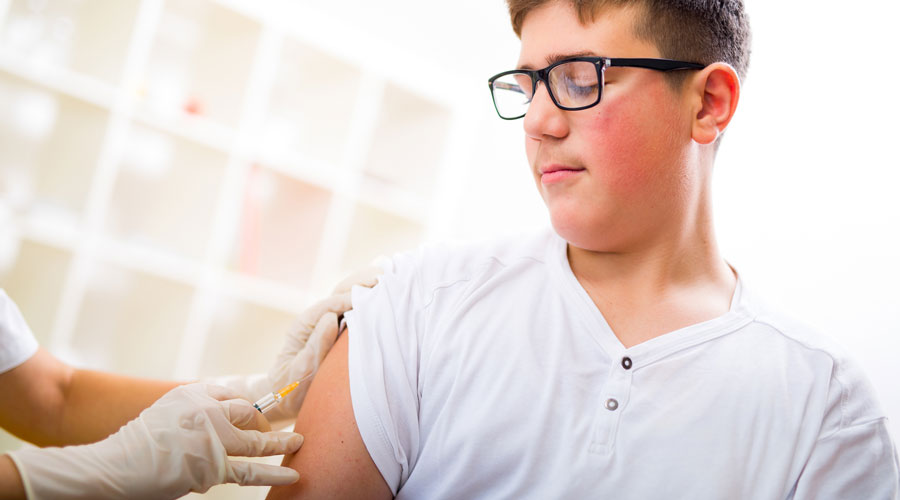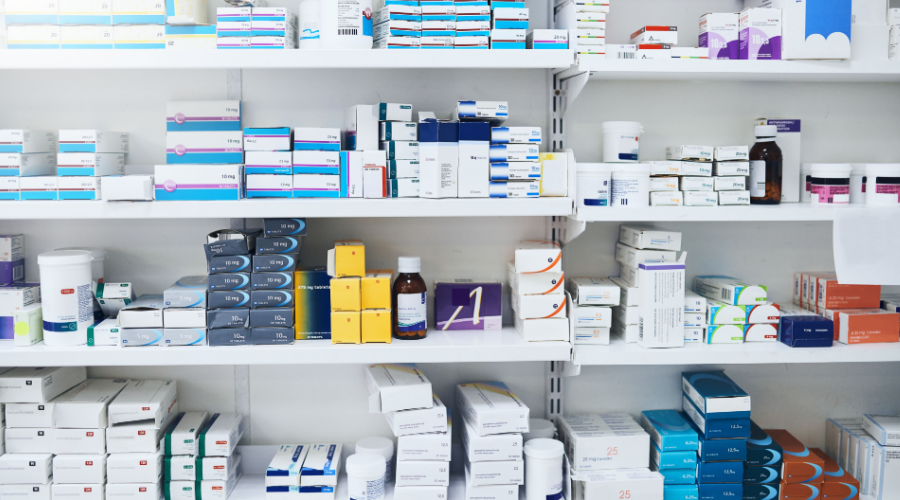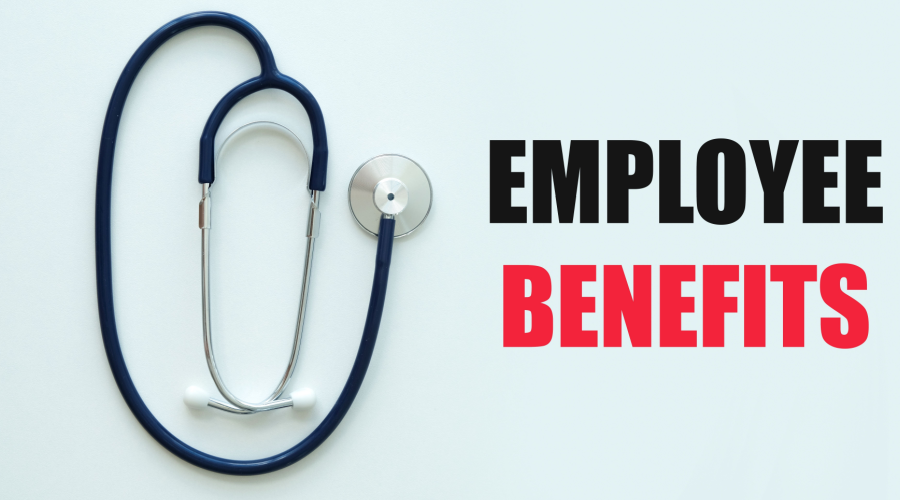Does your independent community pharmacy offer the Human Papillomavirus (HPV) vaccine?
If your answer was “no,” you may want to consider adding the vaccination to your service offerings.
HPV is the most common sexually transmitted infection in the U.S., according to the Centers for Disease Control and Prevention (CDC). And, certain types of HPV account for 70 percent of cervical cancers and 90 percent of genital warts worldwide.
Despite these alarming statistics, only 42 percent of girls and 28 percent of boys aged 13-17 had received the HPV vaccine by the end of 2015, according to a CDC report published in August 2016.
Pharmacists have a unique opportunity to help increase HPV vaccination coverage in their communities.
Offering the HPV vaccination at your independent community pharmacy can benefit your patients and your business. Here’s what you need to know.
Benefits for patients
The most obvious benefit for patients to receive the HPV vaccination at your pharmacy is getting protected against the infection and reducing their chances of developing certain cancers or diseases, such as cervical cancer.
Convenience is also an important benefit to consider. Pharmacies are generally more accessible, and that alone can affect an individual’s decision to get vaccinated or not.
For example, receiving the HPV vaccination at a pharmacy may be easier for patients than driving to their primary care physician’s office, especially since it’s a three-dose vaccine series.
A patient could receive the first dose at their physician’s office, and then receive the next two doses at your conveniently-located community pharmacy.
And, pharmacies tend to have longer hours as well as the ability to offer vaccination services to patients without an appointment.
Benefits for the pharmacy
Independent community pharmacies are fighting multiple battles right now, including operating on slim margins and pushing for provider status.
Offering the HPV vaccine could be beneficial in achieving both of these goals.
It might attract more patients to your pharmacy, which is always a priority for independent pharmacies. And, the added revenue from offering the vaccination can positively effect your bottom line.
Administering the vaccine might also improve pharmacists’ reputations as health care providers. By offering an accessible way to receive the HPV vaccination, which is vital to the health of adolescents, more people can start to recognize the true value of pharmacists and the important role they play in health care.
Potential barriers
Pharmacies may not already provide the vaccine due to a lack of demand, since patients often don’t request the vaccine, which can be attributed to a variety of misconceptions.
For example, many patients are misinformed about whether both males and females should receive the vaccine, at which age it should be administered and the side effects that can occur.
Additionally, there’s a stigma associated with the sexually transmitted nature of HPV that deters parents from believing their children need to be vaccinated.
Parents are also less likely to request the vaccination if it hasn’t been recommended by their primary care provider, and pharmacists are hesitant to overstep boundaries with those providers by offering the vaccine anyway.
What pharmacies can do
There are a variety of ways for independent pharmacists to overcome these barriers and work to increase HPV vaccination coverage.
By partnering with providers, pharmacists can ensure the vaccine is recommended to patients and their parents. Pharmacists will feel more comfortable administering the vaccine and patients will feel more comfortable receiving it when they have the support of their primary care physician.
Simply spreading the word is also an effective way for pharmacists to provide more HPV vaccinations. This includes marketing the vaccine to current and potential patients, as well as educating parents and their children.
For example, include information about the vaccine in the prescription bags of parents with adolescents who are the appropriate age to receive the vaccine. Or, hand out educational brochures to parents picking up prescriptions for their children.
Want more tips to improve your vaccination program? Here’s how to prevent vaccination errors from occurring at your pharmacy.












